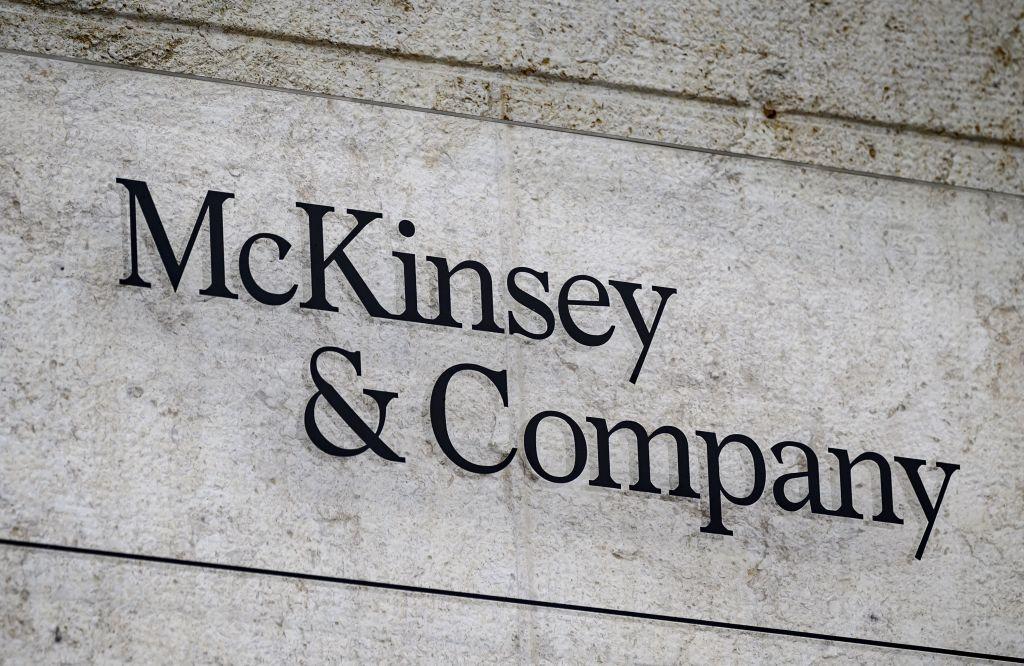The managing partner for McKinsey & Company’s Canadian operations told MPs politics played no role in his consulting firm obtaining an increasing number of contracts since the Liberals took power in 2015.
“McKinsey contracts were awarded based on merit based criteria used by the public service, not as a result of any relationship at any political level,” Robert Palter told the House of Commons government operations committee on March 29.





